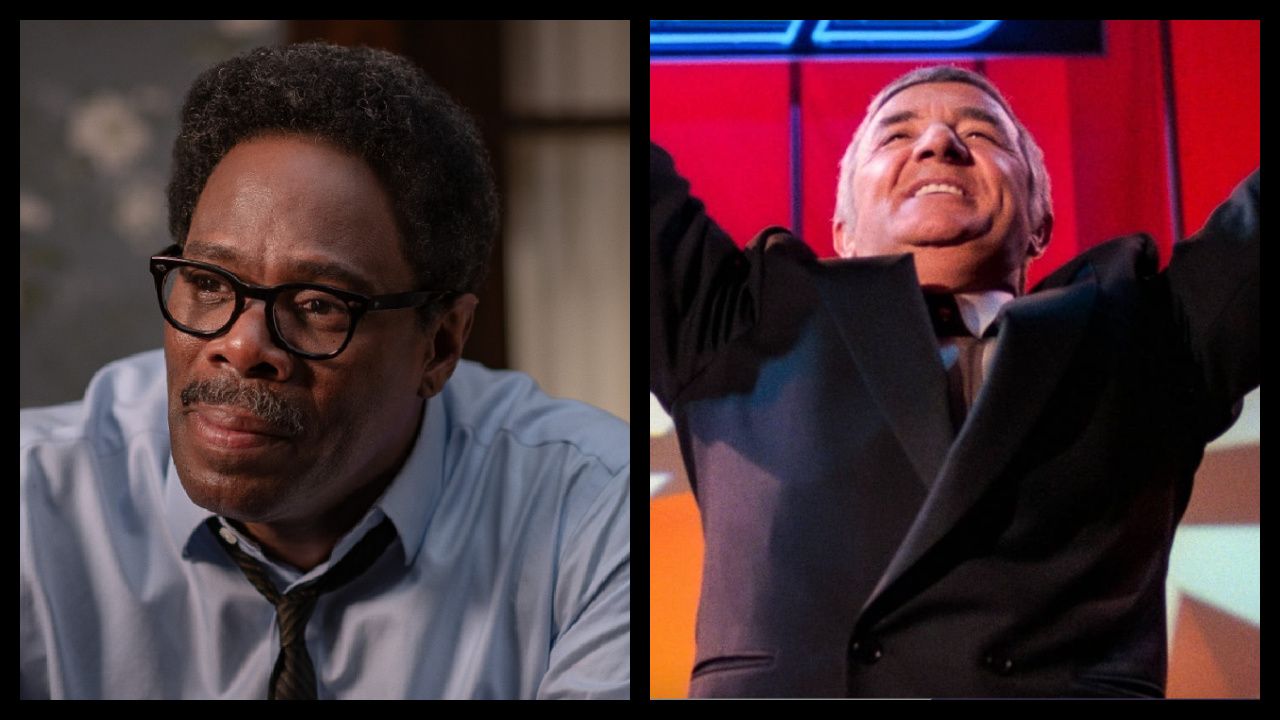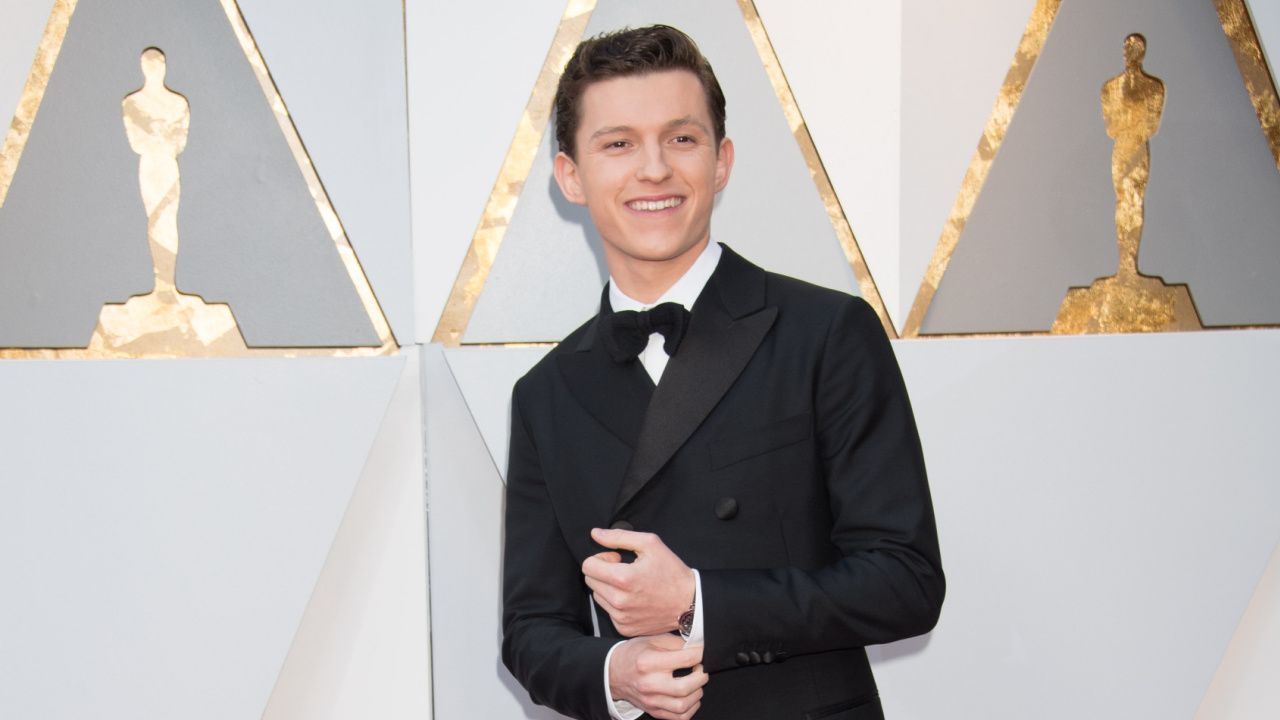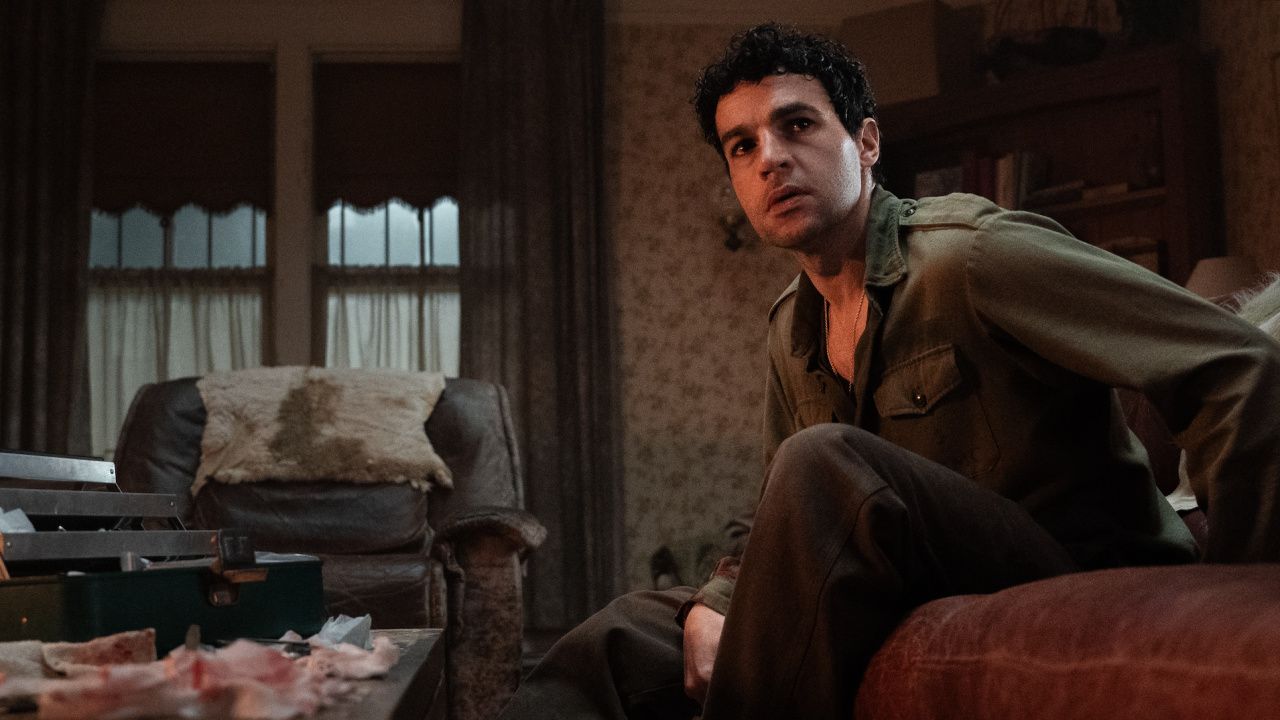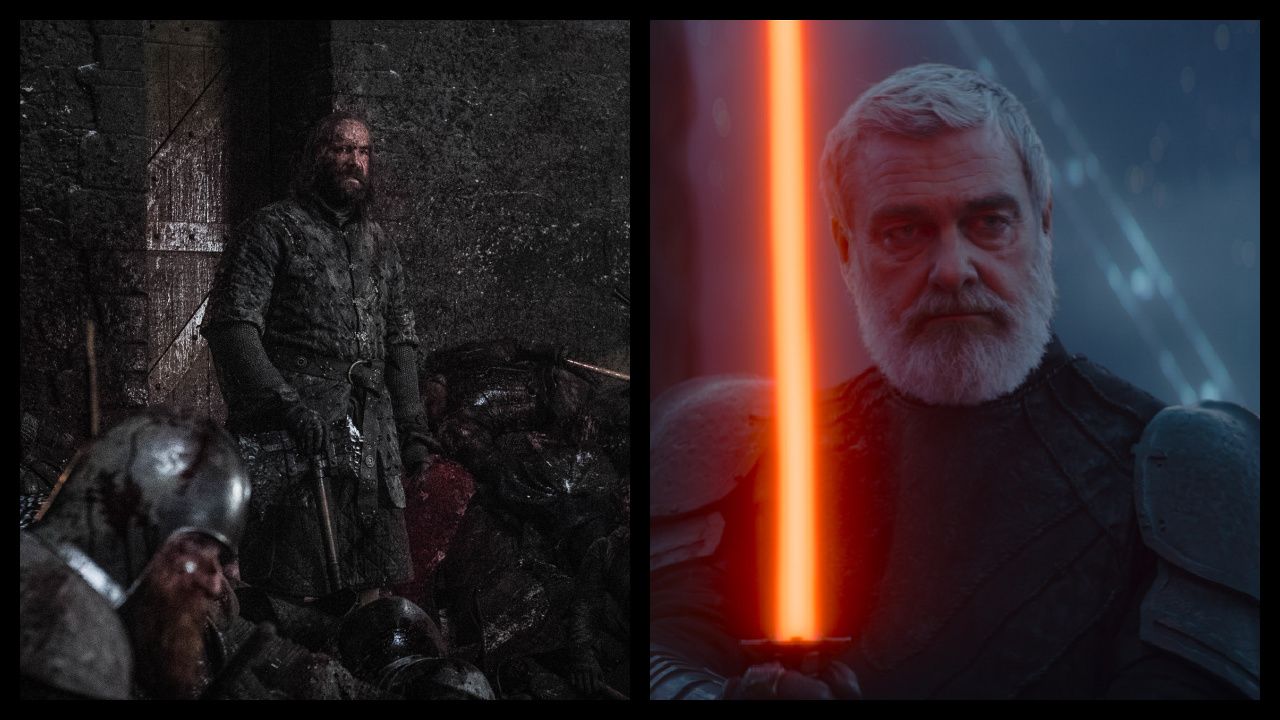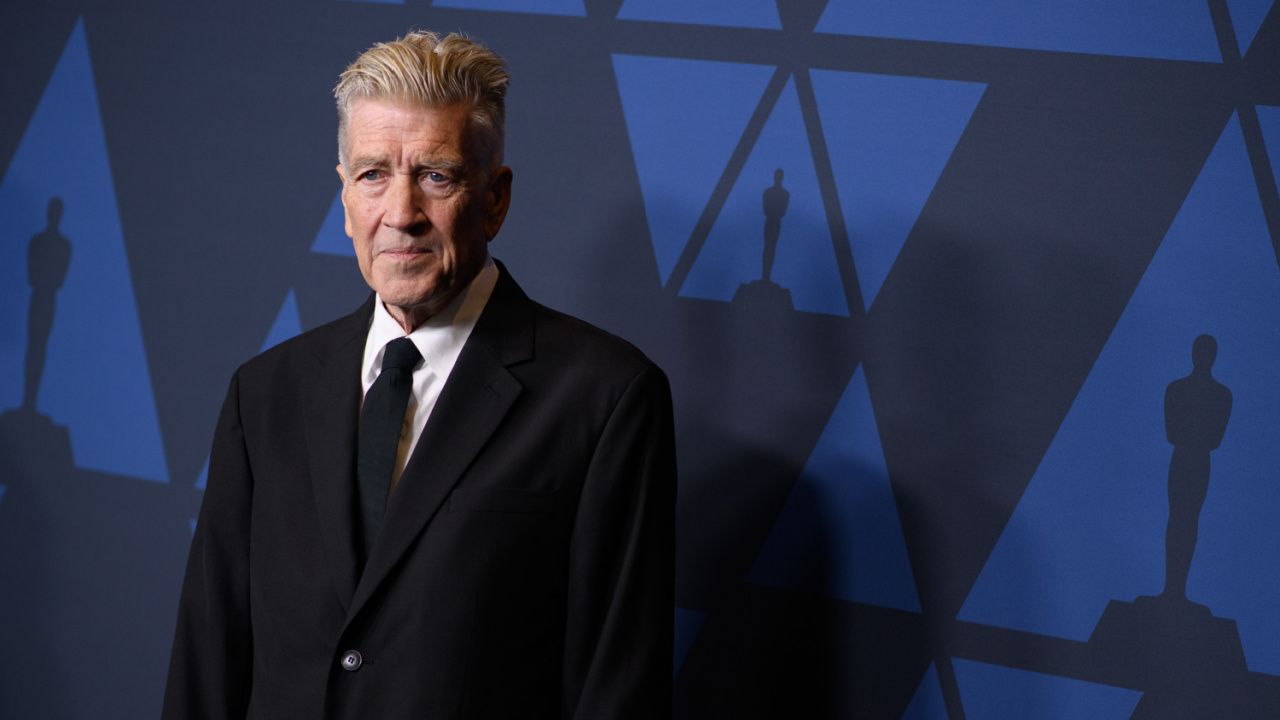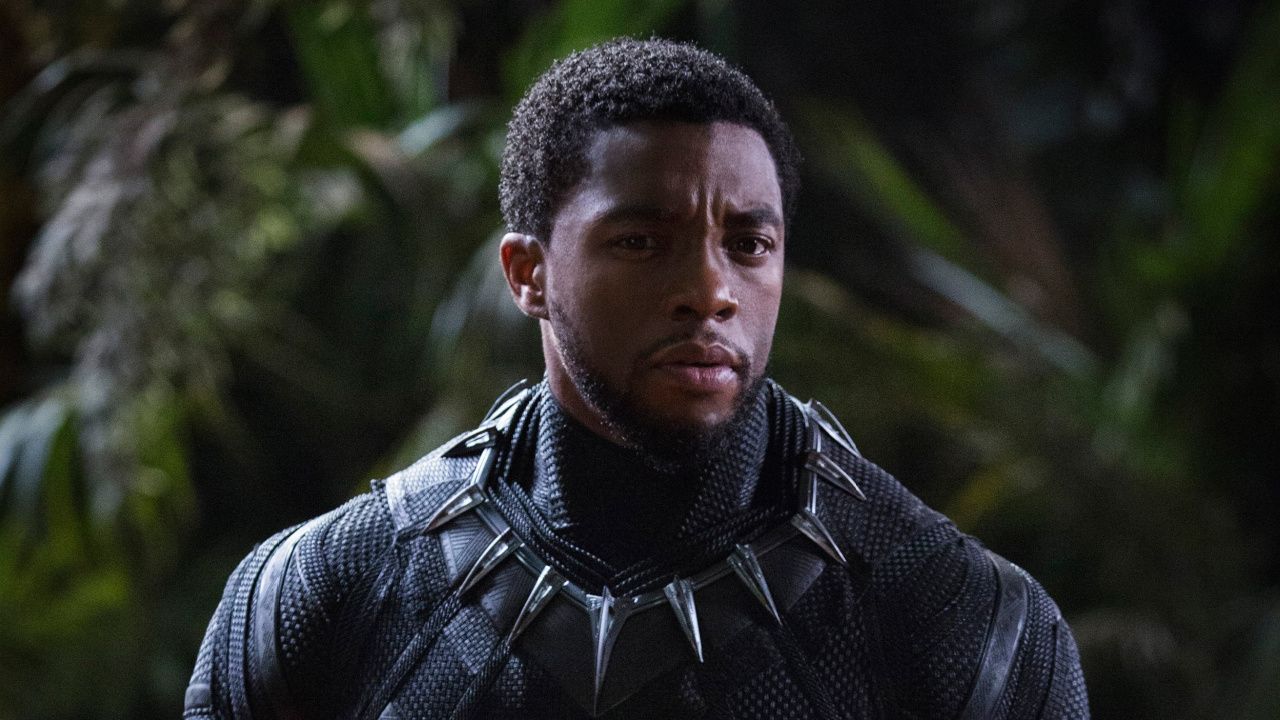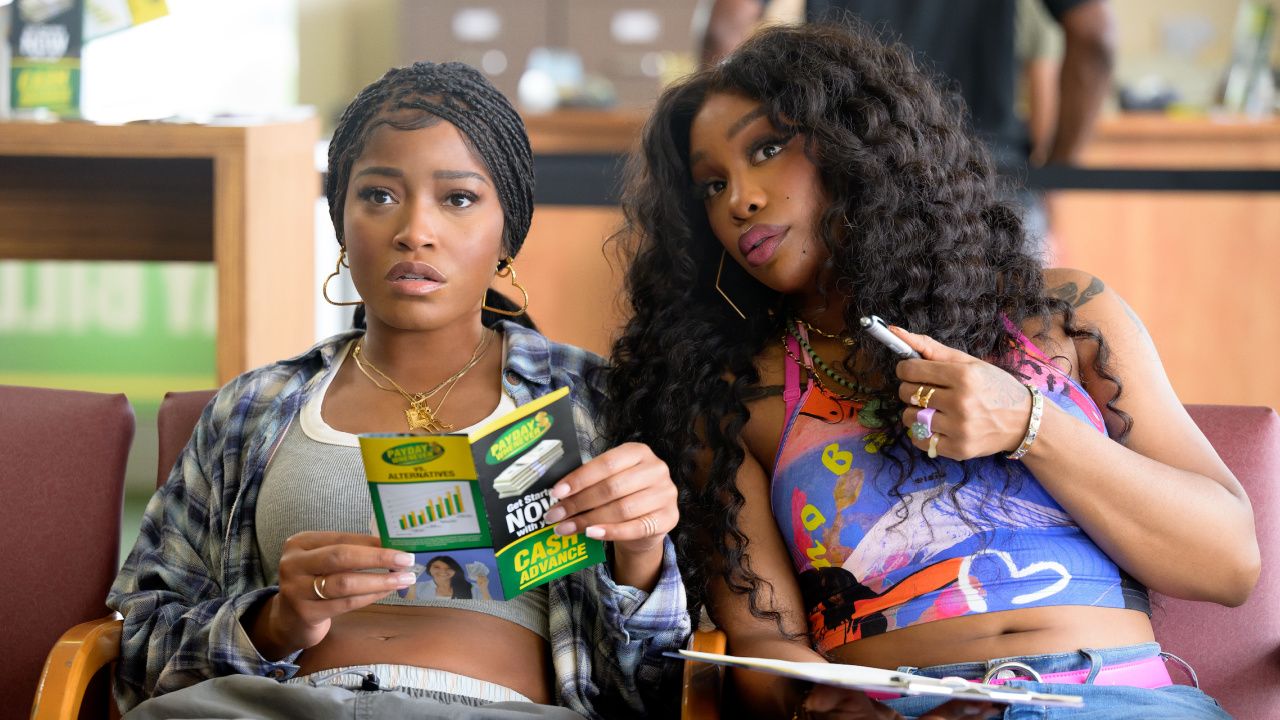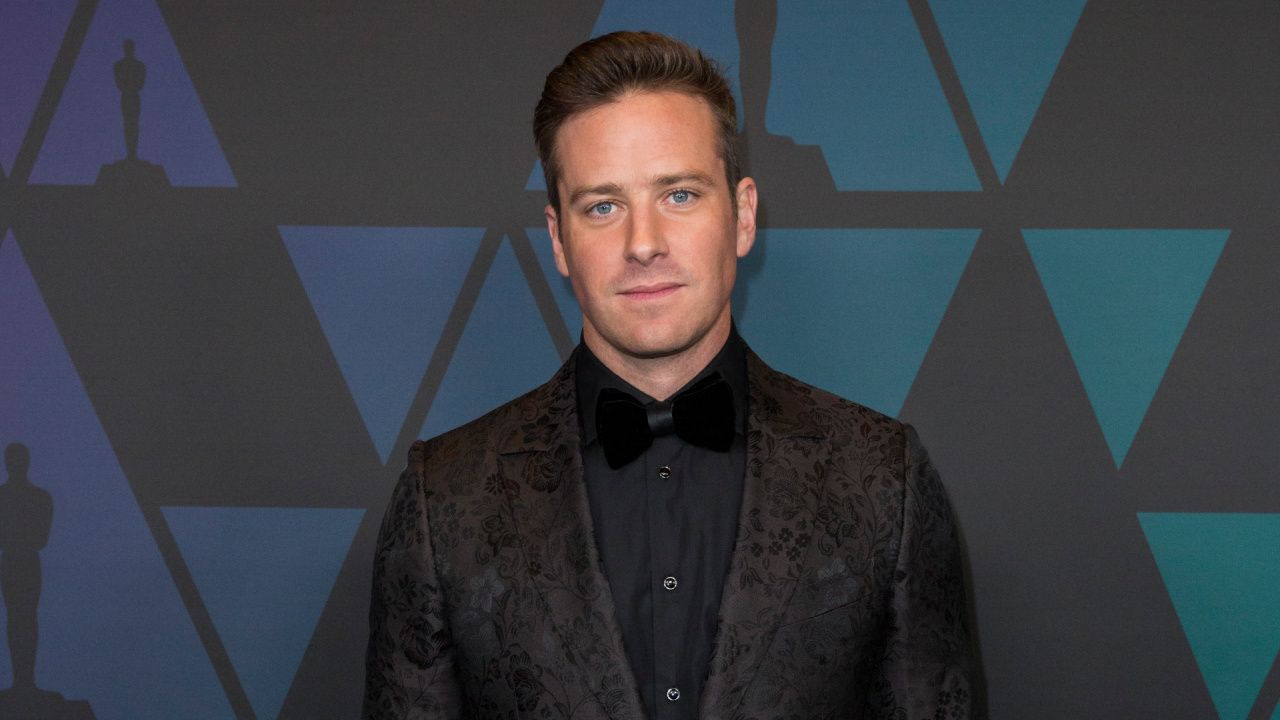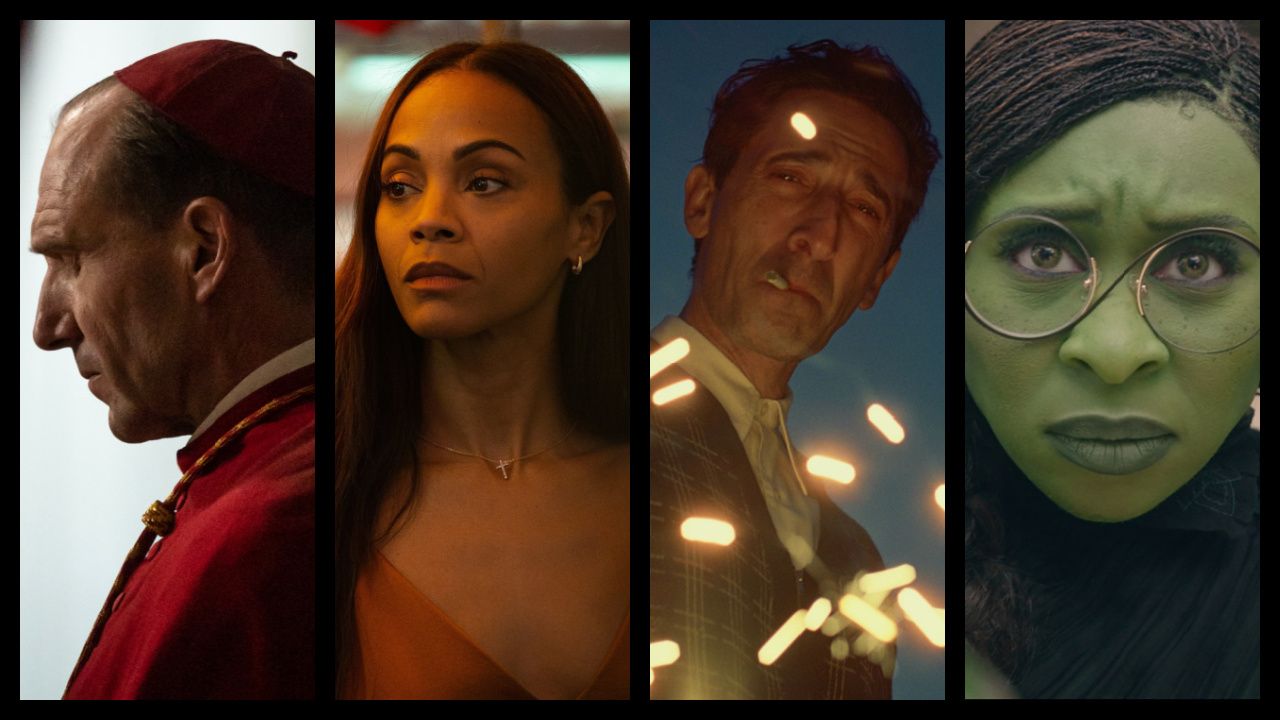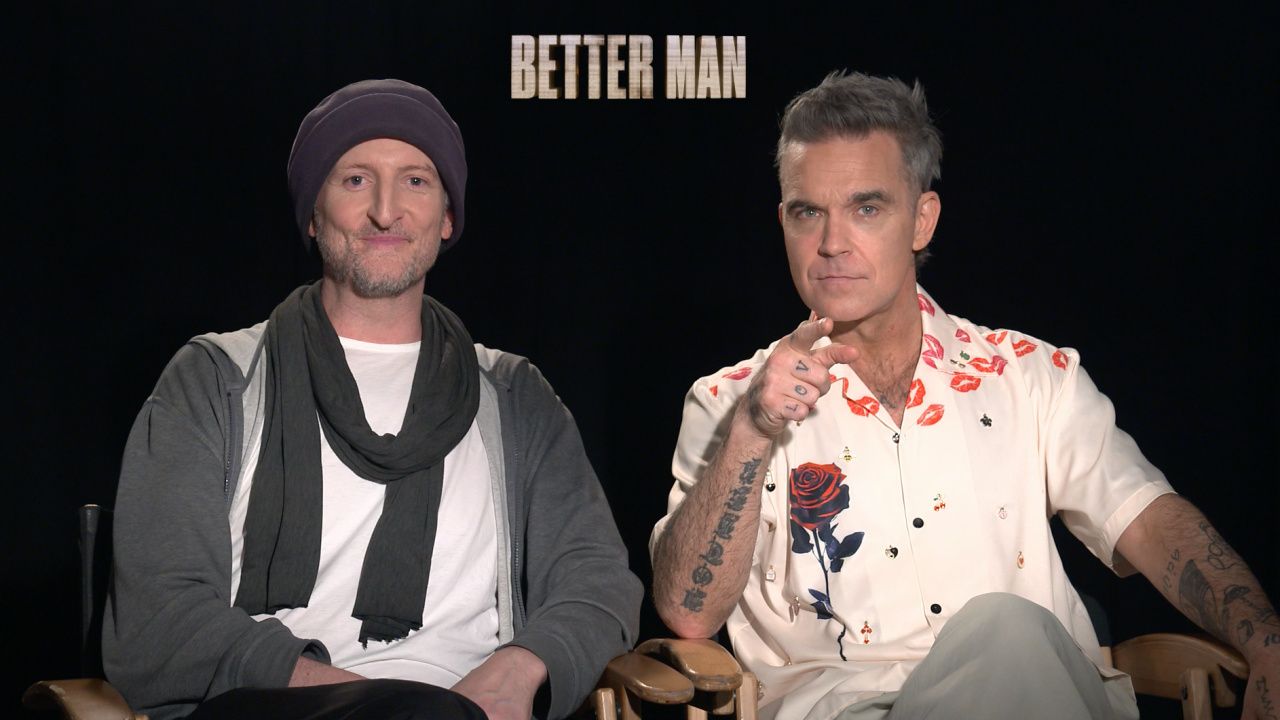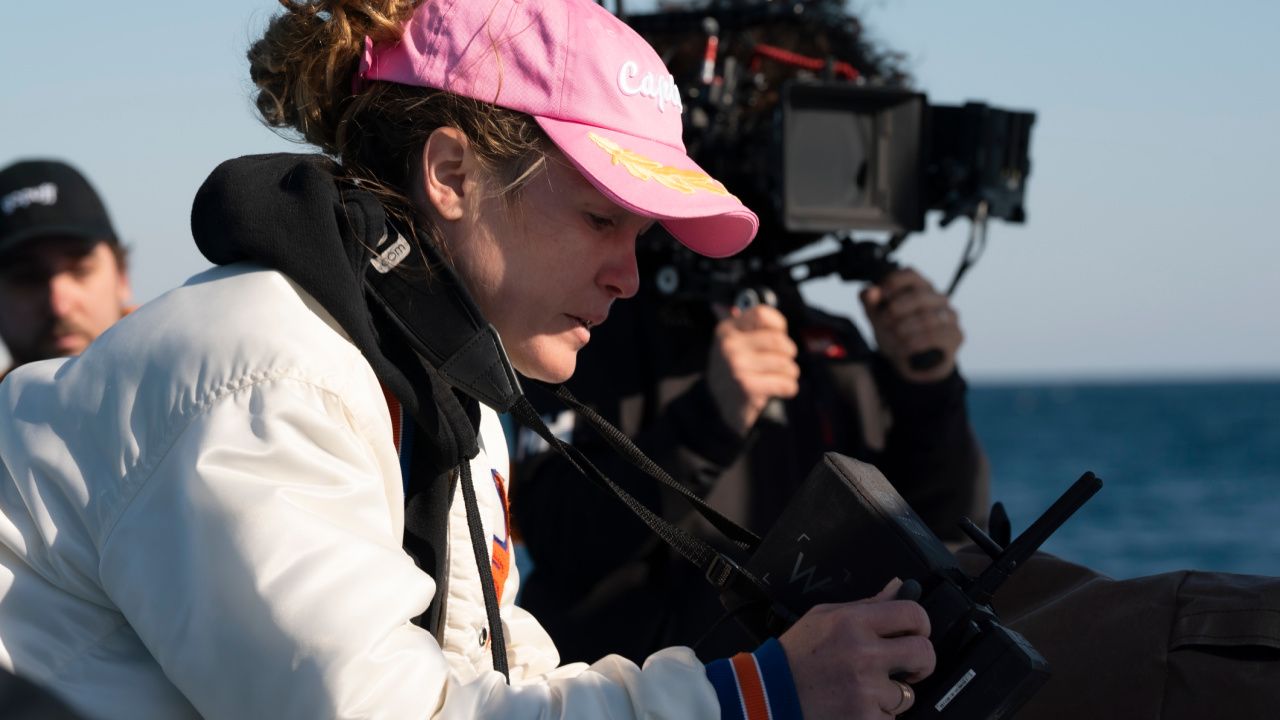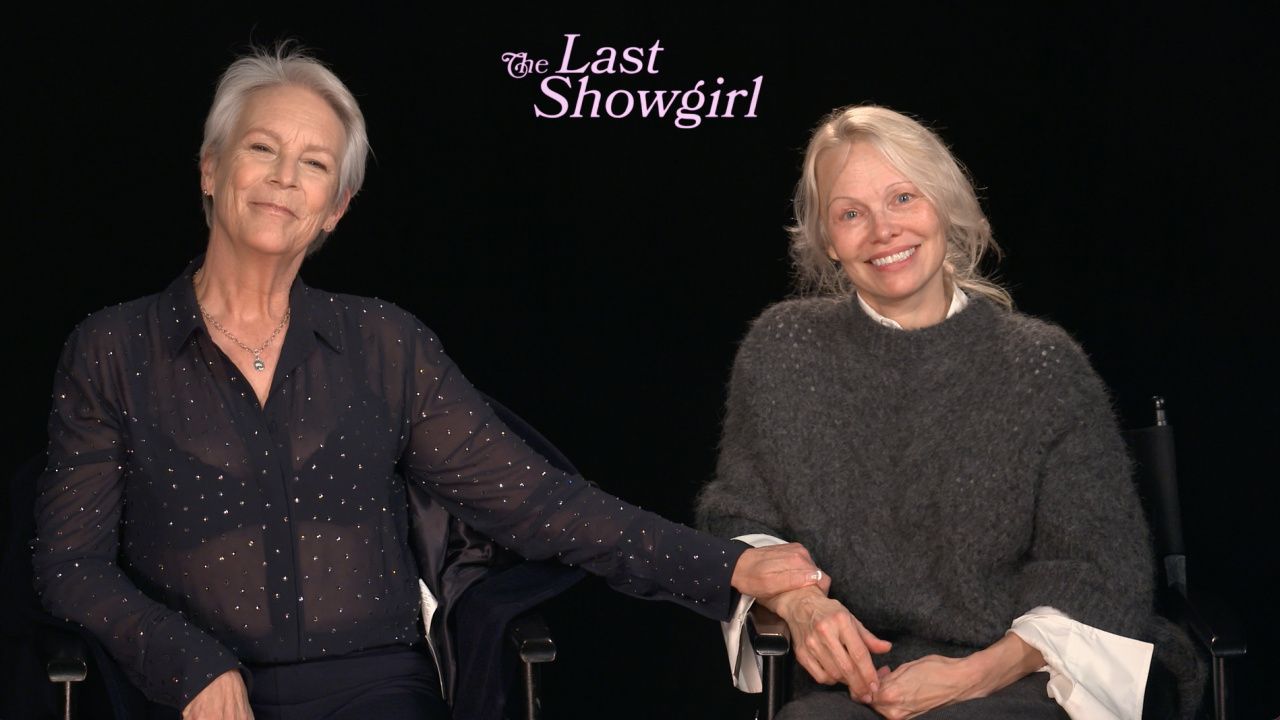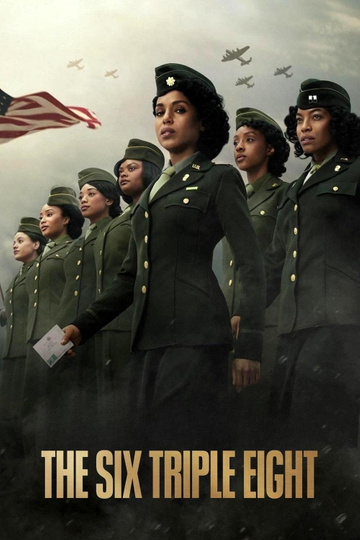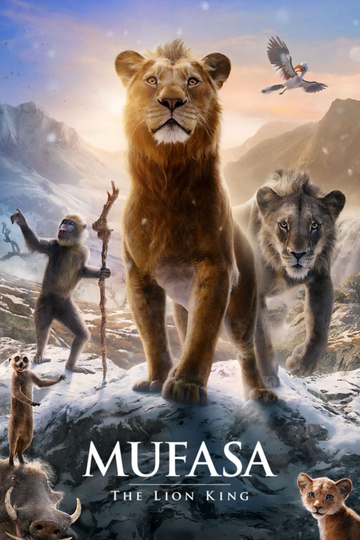Jimmy Smits Talks '24: Legacy,' 'Rogue One' Changes, and His Impressive TV Track Record
Few actors have enjoyed a television legacy like that of Jimmy Smits.
For more than 30 years, Smits has played an integral role in the TV landscape, beginning with his breakout role on "L.A. Law" as attorney Victor Sifuentes, effectively stepping into a leading role in the second season of "NYPD Blue" as Det. Bobby Simone, joining the final seasons of "The West Wing" as presidential candidate Matt Santos, an Emmy-nominated turn as D.A. Miguel Prado (and a serial killer's unlikely bestie) on "Dexter," more recently, he enjoyed a late-series run as self-described "companionator" Nero Padilla on "Sons of Anarchy," and appeared in The Get Down" as a Bronx politico on Netflix.
And did we mention that among his trips to the big screen he played Princess Leia's adoptive dad in the "Star Wars" prequels?
Now, Smits is taking on a literal bit of dynastic television as he jumps onboard Fox's hotly anticipated reboot series "24: Legacy," and he's looking presidential all over again, playing John Donovan, a Senator aspiring to occupy the White House who also happens to be married to the current head of the Counter Terrorist Unit. Smits joined Moviefone for a look at the new series, his perspective on how his television career has unfolded and, oh yes, playing Princess Leia's dad one more time -- but maybe not the last? -- in "Rogue One: A Star Wars Story."
Moviefone: Where did the original "24" fall on your radar? Were you a regular viewer? Did you discover it at some point in its run?
Jimmy Smits: I'm a fan of the show. I'm a fan of what that television show did, I think, for TV. I talked about that a couple of times in interviews: I really think that the visual template of that show changed the way people watched TV.
So yeah, I love what Kief did with the show. My kids, nephews and nieces, extended family, they were all really huge, huge, huge fans of the show. I watched the shows, and I check in. I'm not a binge watcher of any particular show, but definitely a fan. Much respect for what they did.
When I heard that they were kind of doing this reinvigorating of it and making a choice, like with Corey's character. Howard [Gordon] is somebody that I've known, because I've been on the Fox lot for a number of different shows. I like what he brings to the table as an executive producer. So it felt good.
You've been part of not just one classic show, but a few classic shows. You've been part of ensembles; you've headlined your own shows; you've worked in a lot of different genres. When you work on television now, what are your benchmarks that you look for? Because you've got such a tremendous legacy yourself on television.
There's that element of commitment-phobia from the Smits Department there. [Laughs] Just in terms of what comes, because you always have to put it into perspective in terms of what comes to your desk. I wish I had the pick of [shows] -- there are very few and far between that people have that luxury.
I just want to keep being versatile in terms of my work as a performer, as an actor, and keep mixing that up. And then, since I've been around the block a couple of times, I can make a choice -- like supporting that Netflix project that I did because of the thematic thing that interested me, or a particular writer that I want to work with.
But here, the genre to me interested me; what they had done with the show visually; the fact that Stephen Hopkins, who directed the original pilot episode, did this. It seemed like there was a continuity, but there was going to be a big difference, a shift in terms of the way the engine of the show was going to move.
When we went to that second Comic-Con in New York, that group who was very kind of vociferous if they're not with a kind of genre piece. They'll tell you if they don't like it. It was great to hear them actually be won over, and to love the fact that Anna Diop's character is like a badass and picks up a gun in the first five minutes, to give themselves over to these characters, and to the story, and then realizing what the engine is of the template.
In this action-orientated show, you're the statesman. You're the politician. Are you going to get some action? Are you hoping for some?
I actually had to take a couple of Aleves this morning, because last night, in Atlanta, we were doing a little bit of running around. Yeah, it looks like it's taking that turn. So that's good.
What does it mean to you to be playing a man eyeing the presidency in this world that we live in right this minute?
Right. The difference between what I'm doing here and what I did on "West Wing" was that the nature of that particular show was very kind of political in the way it lived and breathed. This is a genre piece in the way it lives and breathes. So there's a big, big, big difference there. Yeah, that's the main difference.
Tell me about finding the rhythm with Miranda Otto, to play the chemistry that you guys need to have for the show. How easy was that to get there with her?
Really, very, very easy. Surprisingly, very, very easy. I think it has to do with the fact that I am a "Homeland" fan. I checked in with "Homeland" a lot, and I love what she did on that show. The fact that she has a theater background I think helps a whole lot in terms of the way the two actors broke the ice with each other.
We kind of talk the same language about how important to establish a good relationship to be the springboard, since you're dealing with one day. So to have that backstory between us, we were really on the same page because we like to talk about character stuff. It helps nuance it. That's been fun. That's been really fun.
What did it mean to you to be in "Rogue One," to have that opportunity to reprise the character of Bail Organa and venture back into the "Star Wars" universe?
Thanks for asking that. I'm so happy that it did so well. I love what Felicity [Jones] and Diego [Luna] and all of them did. I think Gareth [Edwards] was a great choice as a director, because he brought something different to the "Star Wars" kind of universe. He used the cinematographer who did, like, "Zero Dark Thirty." So that little jerky-ish, in certain scenes, there was almost a documentarian kind of feel -- it added to the edge, so that when you had those stately kind of "Star Wars" grand space scenes, it energized it in a way.
So I'm happy -- because I was concerned about, now that George [Lucas] is not as involved, how Disney is going to monetize it -- that it actually will be good for the franchise in terms of the standalone films.
So having said all that, what disappointed me was I wasn't able to like go back to finish the work that we had to do -- because there were some changes. Because of that, my stuff is a little bit chopped up. When I look at it, I feel a little artistically unfulfilled. But that doesn't have anything to do with the way I feel about the importance of the film. That was unfortunate the way that went down.
I actually had to make sure that we stepped in with George's camp to know that they were behind this. I got calls from them that they were totally with this. It wasn't just like a Disney thing that's happening. They were doing all kind of different incarnations of it. So I'm happy for them.
I thought it was just such a lovely note, using your character to bridge the sagas.
Yeah. I'm glad it was in there. I'm nitpick-y, because that's what I do. I just wish there was a little bit more clarity. Maybe schedule-wise, if I was able to go back, we could have done that. I'm happy with the film.
Would you play that character again?
Absolutely!
We don't know what what happens in that little window of time between "Rogue One" and "A New Hope," before Alderaan goes...
Absolutely. Absolutely.
Tell me what you feel about your television legacy at this point.
You're scaring me! Makes me feel old. I was flipping through channels the other night, and there was an episode of "[NYPD] Blue" that aired, and it was about Sipowicz's character, and he kind of falls off the wagon. Of course, the Simone character, they were partners on so many different levels. I just marveled at the character detail that [creator David] Milch was able to achieve, so that you knew that all these kind of characters that all had ghosts in their closets, you knew that they were dysfunctional, but you wanted to see how they would react in that particular situation. So he changed the bar in terms of the way you watch quote-unquote, a "procedural," a cop show.
I just feel really fortunate to have stumbled upon Mr. Bochco and company during the first round, and maybe spoiled me in a lot of ways, but he kept the bar high. Because of that, I got to work with some really great writers. And it's all about it being on the page, especially in this genre. I think when you're doing a film, the script, there's a certain magic that can happen sometimes when you can elevate something. TV's really so quick. It's a producer's medium in a lot of ways, a writer's kind of medium. It's got to really be on the page there.
Down the line, to be able to work on "West Wing," and to have characters that are kind of substantive, those are gratifying for actors in a lot of different ways -- I just try to keep doing different things. Right now, this is the kind of genre piece, and I'm liking the vibe between this cast and the work that Corey [Hawkins] is doing. So I'm OK. I'm OK in this lane.
You yourself have kicked in a lot of doors when it comes to diversity as well. Tell me about that aspect of your career, to have been able to lead the charge in a change in the way we see our TV characters and how representation is altered.
It's just about finding ways to give audiences characters, so that you can open the door a little bit for the audience to realize what's really out there. I've said this before: just as a young person watching people that I've admired, it gives those young people permission to aspire. It's good when you're able to do something like that, in fulfillment of this other thing that you want to do in terms of performing.
What haven't you done that you're still dying to get a shot at? Is there a type of genre or a type of role you're looking for that would be one more box you could check off?
That's interesting. I think I wouldn't mind testing out the waters in a period piece, just because it was one of the things that one of the handles that made me realize that this is what I wanted to do. I wasn't a great student, but when I related it to acting, I could spend hours in the library researching why ruffles were used, or why a wardrobe thing, how it related to the social.
So for me to be able to find that was really important. So I would like to do something that would require, I think I want to check that box and do something that's very like a period piece that would require a lot of going back to that research thing.
What's a lesson you learned as a young actor -- either something you discovered on your own, or something another actor set as sort of an example for you -- that you have kept to your entire career? Something where you're like, "That's stuck with me this whole time."
To always keep yourself available and open to new possibilities with characters. Once you think that you have it down, that's when you start relying on tricks. One of the great things about working on the Netflix project that I did with those kids was there was a lot of adversity because of the music and the scripts not coming in on time. And they were just there to work -- they were, like, unjaded. They didn't know. They were just there to do the work. They were always trying to solve character problems, and that was like, "Don't forget that. Don't forget that. Stay open." It makes your life as a performer more fulfilling.
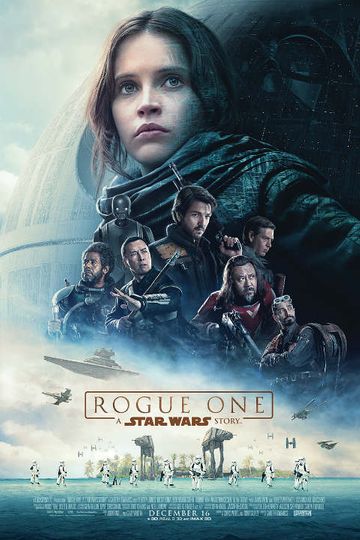
Rogue One: A Star Wars Story













